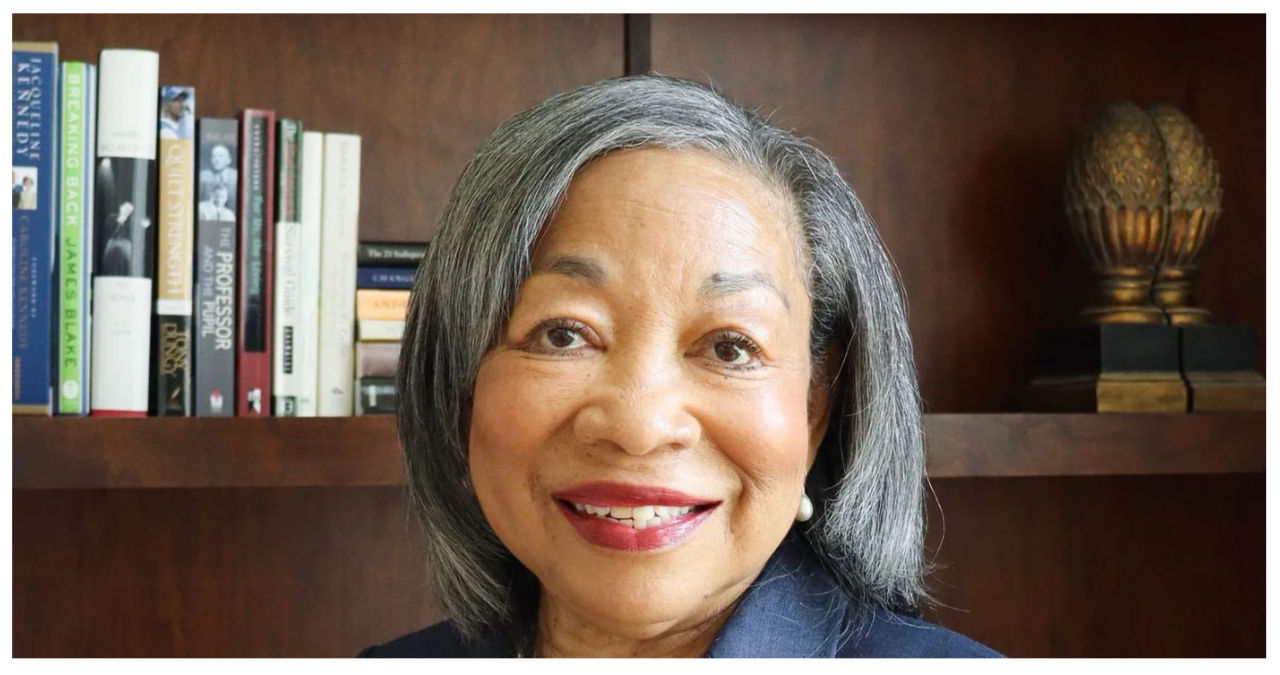During a press conference at the U.S. Capitol on March 24, 2023, U.S. House Democratic Leader Hakeem Jeffries, D-New York, showcased copies of banned books collected from different states and school systems across the country. The event shed light on the censorship and restrictions faced by these books.
Booker T. Washington, the esteemed founding president of Tuskegee University in Alabama, once proclaimed the detrimental consequences of ignorance outweigh the cost of education. Tuskegee University, a renowned historically Black college and university (HBCU), holds a prestigious position in the educational landscape. Originally established in 1881 by the Alabama Legislature, Tuskegee University continues to thrive as a private, land-grant institution.
As the previous president of Tuskegee, I had the privilege of succeeding Washington and continuing his dedication to providing equal educational opportunities for students from diverse backgrounds. However, I am deeply worried that the Legislature may be neglecting this important commitment.
SB 129, a bill that threatens to hinder the progress and dissemination of knowledge in both public higher education and K-12 schools, has successfully passed through the House and Senate and is now on its way to the governor’s desk. This bill is just one of many educational gag orders, with over 350 proposed in various states across the country. Shockingly, more than 20 of these bills have already been enacted into law, effectively censoring educational discourse on a wide range of so-called “divisive concepts” pertaining to race, gender, identity, and US history. Consequently, students are being deprived of critical knowledge and a deeper understanding of the world they inhabit. Florida’s “Stop WOKE Act” stands out as the most extreme example of an educational gag order, but it has faced legal challenges. A federal court has partially halted its implementation, recognizing that it infringes upon professors’ free speech rights and unlawfully discriminates against students and faculty o
SB 129 poses a more significant threat to campus free expression compared to the Stop WOKE Act in several ways. Similar to the Florida bill, it goes beyond restricting faculty from advocating or requiring assent to divisive concepts, which is already censorial. However, SB 129 takes it a step further by prohibiting faculty from even requiring students to participate in course work or complete readings that promote these ideas. This limitation would hinder discussions on American history and culture across various disciplines, preventing professors from assigning diverse perspectives on complex issues of race, gender, and identity. What makes SB 129 even more concerning is its unique provision that prohibits faculty from assigning books or films where the author expresses their own feelings of complicity in past wrongs.
Moreover, students’ freedom would be limited by the bill. SB 129 aims to prevent state universities from endorsing any diversity, equity, and inclusion programs. These programs, as defined in the bill, are those that select participants based on their identity groups. Consequently, this legislation could potentially lead to the prohibition of acknowledging or providing financial support for Black student unions in public universities, including Alabama’s eight public Historically Black Colleges and Universities (HBCUs).
Alabama is currently contemplating the implementation of an extremely restrictive educational policy that would hinder academic freedom. The college experience is meant to foster intellectual exploration and encourage the exchange of ideas. It is essential that professors have the freedom to teach controversial subjects from different viewpoints, and students should be able to actively engage with diverse opinions and complex subjects, allowing them to form their own conclusions. Developing skills such as critical thinking, evaluating evidence, and considering various perspectives is fundamental to the purpose of higher education.
Educational freedom holds immense importance in safeguarding our liberties as American citizens. My father, a United States Army veteran, took an oath to defend those very liberties. It goes against the essence of freedom when the government dictates to professors and students the ideas that can or cannot be discussed in the classroom, or restricts students from associating with specific groups.
Bills like SB 129 pose a threat to the principles my father fought for by limiting knowledge in Alabama’s universities. This not only undermines the value of education but also disregards the efforts of previous generations in ensuring an educated citizenry. Such legislation promotes ignorance at a great expense, contradicting the progress we have made in providing quality education.



